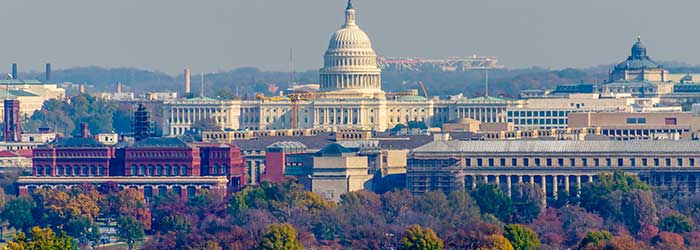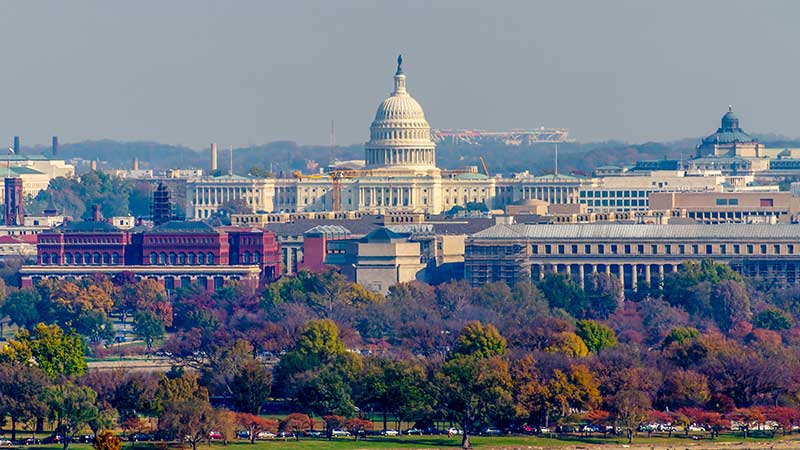The case for a new federal agency to integrate our education system and workforce

The Works Progress Administration (WPA), a federal agency created in 1935 to address the nation’s then-worst economic catastrophe, is getting a fresh look as we think about how to help millions of Americans left jobless in the pandemic. There’s a good reason for why. During its eight-year tenure, the WPA put more than eight million Americans to work on more than a million projects of public interest. These federal workers built roads and dams and electrified rural communities long-denied that necessity of modern life. Others were put to work creating public spaces, public art, and swelling the ranks of crucial service-sector jobs.
But the recovery challenge today calls for more than just a 21st century WPA. We must go further than jobs alone. Even as we put people to work rebuilding America’s crumbling highways and bridges and increasing staffing in the federal public health corps, this crisis demands we address the full range of human infrastructure needs that will emerge in the coming years. What we need now is an Office of American Advancement.
Like the WPA, the Office of American Advancement would provide federal jobs on important and necessary projects, like expanding rural broadband and escalating clean energy solutions. But this office will have a vision and mission far beyond that. It would coordinate with employers and industry leaders to build the workforce we need in a hyper-competitive global economy. This office, for example, would work on the crucial task of assessing and certifying the learning gained in new federal jobs so that each of these workers can grow their education and build lasting careers.
